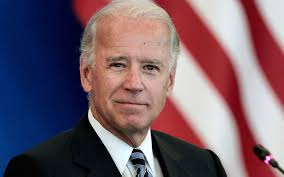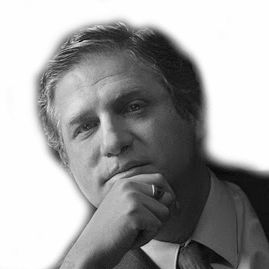From military advisers to aid workers, thousands of Cubans form an information network across Venezuela’s economy
By Paulo A Paranagua, Guardian Weekly

Cuba hopes ally Nicolás Maduro can avoid an election in the throes of an economic crisis. Photograph: Miguel Gutierrez/EPA
When asked how many Cubans are working in Venezuela, minister of foreign affairs Elías Jaua cites the 25,000 medical aid workers in the programme launched by the late president Hugo Chávez, adding “about 1,000 sports trainers and 600 farming technicians”. The opposition claims the number is higher, particularly as there are Cuban advisers in all the ministries and state-owned companies.
At the end of February the student leader Gaby Arellano tried to present a petition to the Cuban ambassador in Caracas. “We will not allow Cubans to interfere in our affairs any longer,” she said. “We don’t want them to go on controlling the media, directing military operations or indoctrinating our children.” Teodoro Petkoff, a leftwing opposition figure, is not convinced Havana exerts that much influence. “Such claims play down the responsibility of the Chavistas for what’s going on,” he says.
Defence specialist Rocío San Miguel believes Cuba really does influence policymakers in Venezuela. She recalls the way Chávez’s illness was managed, his hospitalisation in Havana clothed in secrecy, and the transfer of power to Nicolás Maduro (pictured), who was educated in Cuba. “Cuban officers attend strategic planning meetings for the armed forces,” she says, basing her claim on insider sources.
“It’s not a myth, it’s the reality,” says General Raúl Baduel, minister of defence under Chávez and now in custody at the Ramo Verde military prison. The Cubans have modernised the intelligence services, both the Sebin (Bolivarian National Intelligence Service) that reports directly to the president, and military intelligence. They also set up a special unit to protect the head of state.
Furthermore Cubans have computerised Venezuela’s public records, giving them control over the issue of identity papers and voter registration. They have representatives in the ports and airports, as well as supervising foreign nationals. They took part in purchases of military equipment and work on the Maracaibo airbase.
“All Cuban ‘internationalists’ have had military training and must, if required, fulfil combat duties,” San Miguel asserts. “Cubans form an information network which keeps Havana up-to-date on shifts in public opinion,” says political observer Carlos Romero.
Feature continues here: Their Men in Caracas







